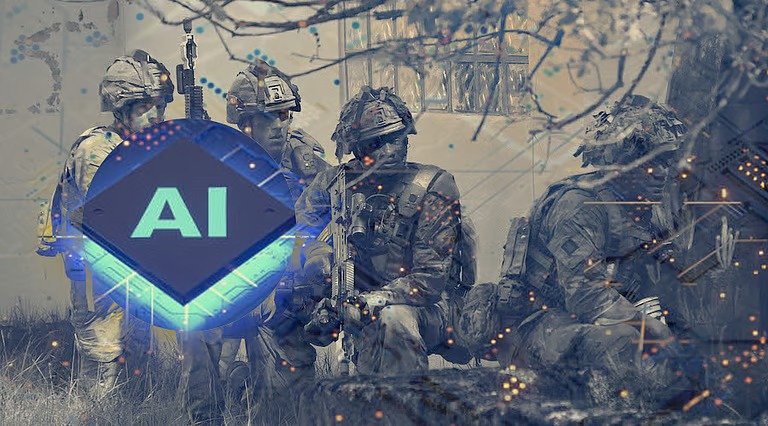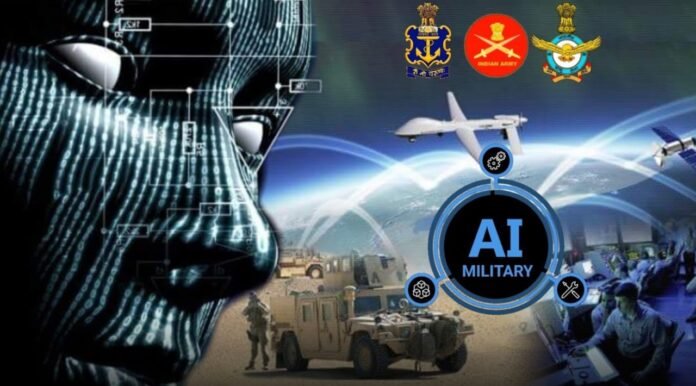Modern defence operations demand advanced training tools to maintain readiness, ensure safety and optimise resources. Traditional training methods, while essential, can be constrained by cost, availability of equipment and operational risks. Virtual/ extended reality (VR/XR) and simulation technologies are increasingly integrated into defence training to provide immersive, controlled environments for skill development and scenario-based exercises.
VR-based simulators replicate real-world operational environments using high-fidelity graphics, interactive scenarios and realistic control interfaces. In aviation, these systems simulate cockpit operations, emergency procedures and mission rehearsals. Beyond aviation, VR solutions can support ground operations, tactical decision-making exercises and coordinated mission planning. The integration of scenario libraries, physics-based modelling, and sensor inputs allows trainees to experience realistic outcomes in controlled settings.
KS Smart Solutions has contributed to the development and deployment of VR-based aviation simulators and operational training systems for defence personnel. These systems focus on skill development, operational readiness and standardisation of training outcomes. The simulators are designed for scalability, enabling multiple personnel to train simultaneously and incorporating feedback and assessment tools to evaluate trainee performance objectively.
VR-based training solutions support India’s ‘Make in India’ initiative in defence, emphasising the adoption of domestic technologies for training and operational readiness. Standardised VR training modules also allow for interoperability across units and consistent evaluation of skill competencies
Simulation-based training also enhances safety by allowing personnel to practice high-risk procedures without exposure to physical hazards. In addition, VR technology facilitates repeatable exercises, enabling trainees to rehearse specific scenarios multiple times to build proficiency and confidence. These systems reduce dependency on live aircraft, vehicles or operational environments, optimising costs and resource utilisation.
VR-based training solutions support India’s ‘Make in India’ initiative in defence, emphasising the adoption of domestic technologies for training and operational readiness. By leveraging indigenous systems, defence forces can maintain greater control over training infrastructure, reduce reliance on imported simulators and foster innovation in defence technology. Standardised VR training modules also allow for interoperability across units and consistent evaluation of skill competencies.

Analytics embedded in training systems track performance metrics, including reaction times, procedural accuracy and mission outcomes. Commanders can use this data to tailor training programmes, identify areas for improvement and optimise team performance. Furthermore, VR-based systems support collaborative training, allowing distributed teams to engage in coordinated exercises across locations. This capability is particularly valuable for joint operations and mission rehearsals, where multiple units must practice integrated procedures in a simulated environment before deployment.
VR-based training aligns with the strategic priorities of the Indian Defence, focusing on operational readiness, cost-effectiveness and the use of indigenous technologies. Simulation technologies complement live training exercises while reducing operational risks and resource constraints
A successful deployment of VR-based defence simulators requires attention to hardware integration, software reliability, scenario design and trainee evaluation protocols. Systems must replicate realistic operational conditions accurately, provide responsive controls and incorporate adaptive difficulty levels to match trainee progress. Maintenance, software updates and secure network access are essential to ensure consistent functionality and compliance with defence IT protocols.
VR-based training aligns with the strategic priorities of the Indian Defence, focusing on operational readiness, cost-effectiveness and the use of indigenous technologies. Simulation technologies complement live training exercises while reducing operational risks and resource constraints. Additionally, these systems support continuous learning and skill maintenance, enabling personnel to remain proficient in complex procedures without frequent deployment of live assets. As India continues to expand its defence capabilities, simulation technologies offer practical, scalable solutions for training and operational excellence.
The writer is the CEO of KS Smart Solutions, a Chennai-based technology company at the forefront of India’s defence, aerospace, and smart infrastructure innovation. His strategic emphasis on AI, IoT, simulation, and data intelligence has enabled KS Smart Solutions to design systems that meet the dual needs of operational readiness and national security.






